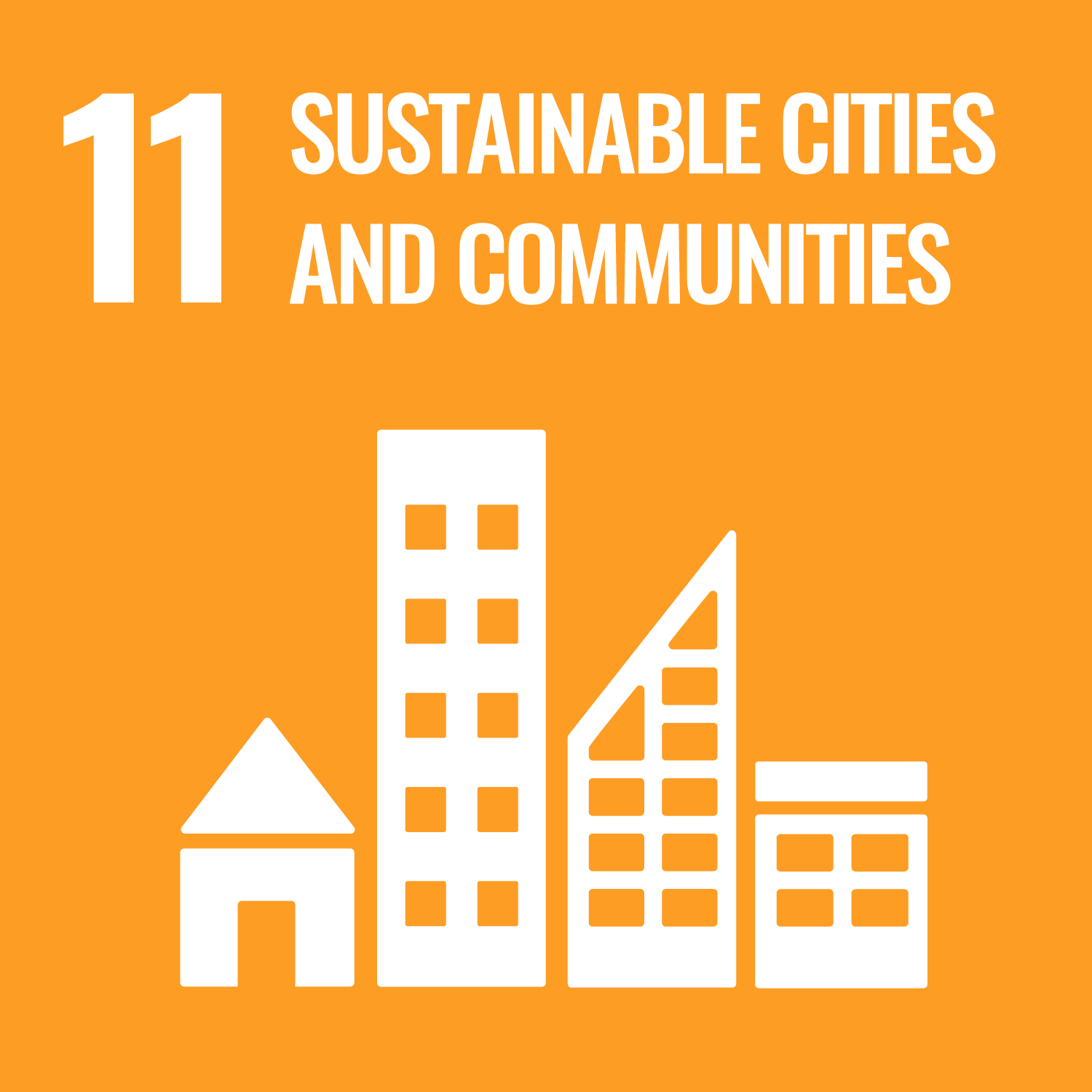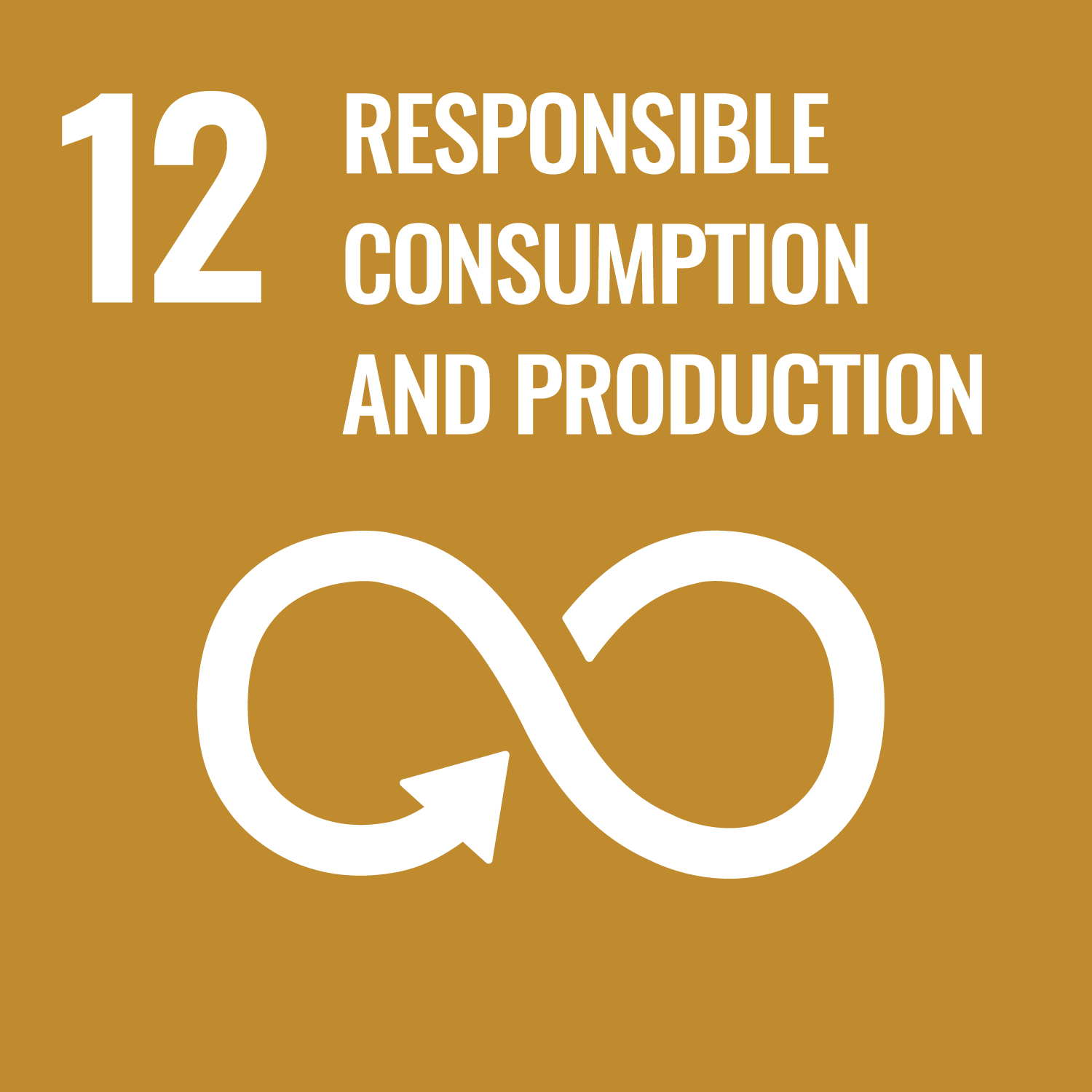The Convergence of Anti-Money Laundering Laws: Legitimacy and Effects on Offshore Centres
Globalisation and technology have resulted in an increase in international commerce, capital flows and the movement of goods and services across borders. Such factors have also increased opportunities to launder money and reintergrate the proceeds of crime into the legitimate economy. In response to such developments, as well as perceived threats to their national economies and tax-bases, the G7/G8 and the OECD have created various International initiatives, to combat money-laundering, which have targeted jurisdictions offering limited financial regulation, bank confidentiality and low levels of taxation. These initiatives, however suffer from a legitimacy gap, owing to the vertical unilaterality of the regimes they seek to institute. This work will attempt to examine the origins and purpose of the homogenising global anti-money laundering regime. It shall also examine its legitimacy and effectiveness, with emphasis on Offshore Financial Centres.
| Item Type | Thesis (Masters) |
|---|---|
| Additional Information | Masters dissertation (distinction) - LLM in International Corporate Governance, Financial Regulation and Economic Law (ICGFREL) |
| Keywords | Money laundering, Commercial crimes, Offshore centres, Tax competition |
| Subjects |
Economics Law |
| Divisions | Institute of Advanced Legal Studies |
| Date Deposited | 09 Feb 2011 17:24 |
| Last Modified | 05 Aug 2024 17:35 |

















